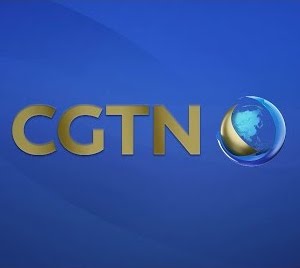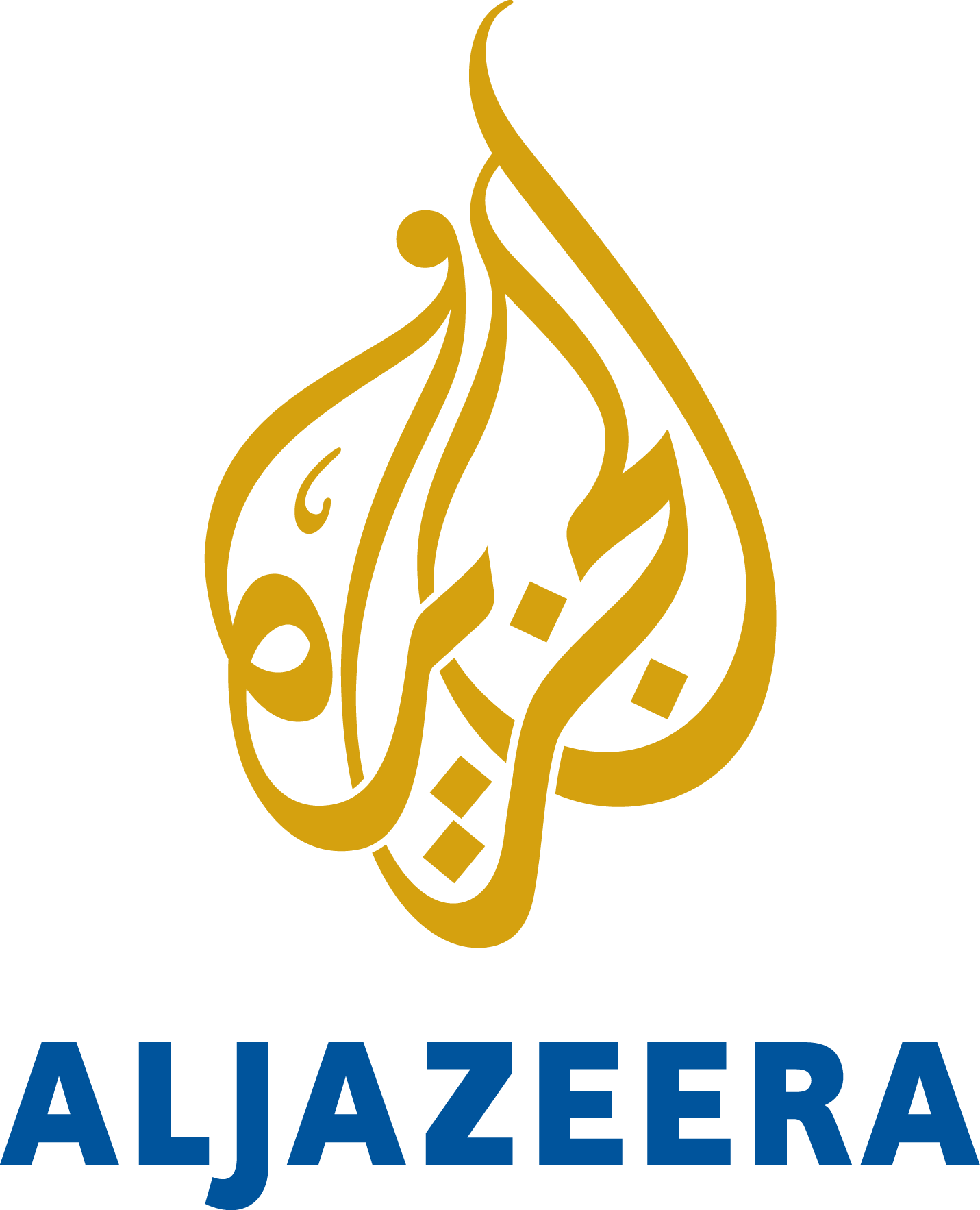Emerging powers in the Middle East
A few weeks ago, I had the pleasure of attending a brief session of a conference entitled “Emerging Powers in the Middle East”, (thanks to Damian Quinn for the recommendation), sponsored by the Carnegie Middle East Center based in Beirut. The CMEC is the regional arm of the Carnegie Endowment for International Peace, set up by the American industrialist Andrew Carnegie nearly a century ago, with counterparts in Washington, Moscow, Beijing, and Brussels.
The conference had about 100 attendees, I would guess, so it was cozy – contained in one conference room at the Rotana Gefinor hotel in the Hamra. The panel I attended featured three speakers, offering perspective on the objectives of China, India, and Russia with respect to the Middle East.
 First came Chu Shulong, a professor at Tsinghua University in Beijing. His talk reminded me of the Simpsons episode based on an imaginary future, in which Lisa is President and Bart is a loser wanna-be rock star who loafs around the White House, mucking up her policies. “What happened to you China? You used to be cool…” The Chinese diplomat, who could easily be Chu Shulong, pleaded in response, “China still cool!”
First came Chu Shulong, a professor at Tsinghua University in Beijing. His talk reminded me of the Simpsons episode based on an imaginary future, in which Lisa is President and Bart is a loser wanna-be rock star who loafs around the White House, mucking up her policies. “What happened to you China? You used to be cool…” The Chinese diplomat, who could easily be Chu Shulong, pleaded in response, “China still cool!”
Shulong’s English was okay, but his accent was very strong. A young Lebanese student sitting next to me asked me to translate for her. I laughed as I tried to do so, because Shulong seemed to repeat the same sentence over and over again for the duration of his talk, which probably made me appear a very lazy and incompent interpreter!
Anyway, Shulong’s basic thesis was that China’s goal was to “break out of the isolation imposed since 1949 by Europe and the US”. China, he said, was wiling to compete with the US in the Middle East through the friends it supports. But Shulong could not seem to repeat enough times that China had no security interest in the Middle East, that its objective were economic only, and that a American/European political leadership role was acceptable to China.
Generally speaking, the audience was not buying. I stopped Shulong after the panel and shared with him the maxim of Thomas Jefferson: “commerce with all, alliance with none.” China, according to his portrayal of its objectives, seemed to be following the advice of America’s Founding Fathers much better than any leaders of the US in the past decades, from either party.
Offering a Russian perspective was Alexej Maleshenko, a Scholar-in-Residence at Carnegie’s Moscow branch, who is also a Professor at the Moscow State Institute of International Relations. He railed at length against the US policies of pursuing NATO expansion to Russia’s doorstep (thanks to Clinton’s reckless policy, continued by George W. Bush, in contrast to his father who had better sense both in Eastern Europe as well as the Middle East).
Maleshenko identified 2005/2006 as the first time since the dissolution of the USSR that Russia played a major role and advanced its own interests in the region. He pointed to the Russian efforts to broker a truce between Hamas and Fatah (though it failed). Also, he noted Putin’s travels to the Middle East, and numerous meetings with Arab and Muslim heads of state. I would cite Russia Today’s Arabic satellite channel as further evidence of its desire to be a player in the region.
Russia was a winner in the Georgian conflict, according to Maleshenko, and it became a permanent actor on the world state once again. Russia wants to come back, he said, and has big ambitions. He cited the American hypocrisy of supporting Kosovo’s independence, which Russia opposed, while condemning that of Abkhazia or South Ossetia. But he recognized Russia’s limitations, lamenting that no Arab or Muslim nation dare recognize the independence of the Georgia provinces for fear of the US. I would suggest that many a nation in the region views separatism as a powder keg that it wants nothing to do with – appeasing the US is a much smaller consideration.
An appropriate tidbit raised by a Russian participant: USA Today, in the Weather section, lists Georgia in the “Africa/Middle East” region.
Finally came remarks by M.K. Bhadrakumar, a career Indian diplomat, which I found very interested and multi-faceted. First, he said that India sees not the Middle East, but rather West Asia. He conceded that India chose to invest in it’s Israeli relationship in order to help with its American one. With Gulf nations, ties remain strong (they ought to, considering who populates the joint!). India has long-standing ties to Iran, and sees no conflict of interest with Iran or its objectives.
“We hope Obama wins,” he concluded. Careful what you wish for, Mr. Bhadrakumar.
The conference had about 100 attendees, I would guess, so it was cozy – contained in one conference room at the Rotana Gefinor hotel in the Hamra. The panel I attended featured three speakers, offering perspective on the objectives of China, India, and Russia with respect to the Middle East.
 First came Chu Shulong, a professor at Tsinghua University in Beijing. His talk reminded me of the Simpsons episode based on an imaginary future, in which Lisa is President and Bart is a loser wanna-be rock star who loafs around the White House, mucking up her policies. “What happened to you China? You used to be cool…” The Chinese diplomat, who could easily be Chu Shulong, pleaded in response, “China still cool!”
First came Chu Shulong, a professor at Tsinghua University in Beijing. His talk reminded me of the Simpsons episode based on an imaginary future, in which Lisa is President and Bart is a loser wanna-be rock star who loafs around the White House, mucking up her policies. “What happened to you China? You used to be cool…” The Chinese diplomat, who could easily be Chu Shulong, pleaded in response, “China still cool!”Shulong’s English was okay, but his accent was very strong. A young Lebanese student sitting next to me asked me to translate for her. I laughed as I tried to do so, because Shulong seemed to repeat the same sentence over and over again for the duration of his talk, which probably made me appear a very lazy and incompent interpreter!
Anyway, Shulong’s basic thesis was that China’s goal was to “break out of the isolation imposed since 1949 by Europe and the US”. China, he said, was wiling to compete with the US in the Middle East through the friends it supports. But Shulong could not seem to repeat enough times that China had no security interest in the Middle East, that its objective were economic only, and that a American/European political leadership role was acceptable to China.
Generally speaking, the audience was not buying. I stopped Shulong after the panel and shared with him the maxim of Thomas Jefferson: “commerce with all, alliance with none.” China, according to his portrayal of its objectives, seemed to be following the advice of America’s Founding Fathers much better than any leaders of the US in the past decades, from either party.
Offering a Russian perspective was Alexej Maleshenko, a Scholar-in-Residence at Carnegie’s Moscow branch, who is also a Professor at the Moscow State Institute of International Relations. He railed at length against the US policies of pursuing NATO expansion to Russia’s doorstep (thanks to Clinton’s reckless policy, continued by George W. Bush, in contrast to his father who had better sense both in Eastern Europe as well as the Middle East).
Maleshenko identified 2005/2006 as the first time since the dissolution of the USSR that Russia played a major role and advanced its own interests in the region. He pointed to the Russian efforts to broker a truce between Hamas and Fatah (though it failed). Also, he noted Putin’s travels to the Middle East, and numerous meetings with Arab and Muslim heads of state. I would cite Russia Today’s Arabic satellite channel as further evidence of its desire to be a player in the region.
Russia was a winner in the Georgian conflict, according to Maleshenko, and it became a permanent actor on the world state once again. Russia wants to come back, he said, and has big ambitions. He cited the American hypocrisy of supporting Kosovo’s independence, which Russia opposed, while condemning that of Abkhazia or South Ossetia. But he recognized Russia’s limitations, lamenting that no Arab or Muslim nation dare recognize the independence of the Georgia provinces for fear of the US. I would suggest that many a nation in the region views separatism as a powder keg that it wants nothing to do with – appeasing the US is a much smaller consideration.
An appropriate tidbit raised by a Russian participant: USA Today, in the Weather section, lists Georgia in the “Africa/Middle East” region.
Finally came remarks by M.K. Bhadrakumar, a career Indian diplomat, which I found very interested and multi-faceted. First, he said that India sees not the Middle East, but rather West Asia. He conceded that India chose to invest in it’s Israeli relationship in order to help with its American one. With Gulf nations, ties remain strong (they ought to, considering who populates the joint!). India has long-standing ties to Iran, and sees no conflict of interest with Iran or its objectives.
“We hope Obama wins,” he concluded. Careful what you wish for, Mr. Bhadrakumar.
















